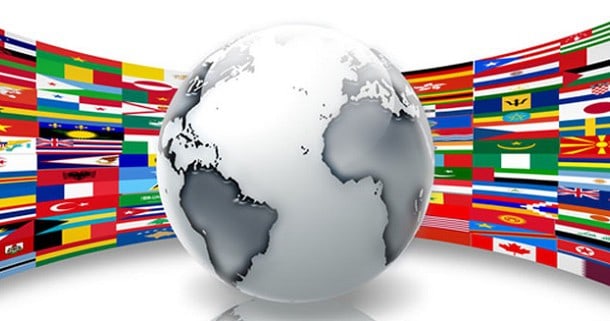In today’s globalized world, international economic development is crucial. As a result, Georgian translations are becoming more popular. This language is increasingly important in business, culture, and education. Translating into Georgian is challenging because it combines language, culture, and history. Georgia’s rich history and culture, along with its growing economic and diplomatic ties, increase the demand for professional Georgian translations. Therefore, let’s explore this language’s features, translation challenges, and global importance.

Characteristics of the Georgian Language
Georgian is Georgia’s official language. It stands out from other languages due to its unique grammar, vocabulary, and alphabet. For example, Georgian uses a 33-letter alphabet. Unlike many European languages, Georgian does not have grammatical genders. Additionally, Georgian words are often long, which can make translation difficult.
Georgian has a rich culture and history. Over time, it has been influenced by Persian, Arabic, Turkish, and Russian cultures while keeping its unique character. This history affects modern translations, making them challenging but rewarding. In fact, understanding these influences is key to accurate translations.
One of the biggest challenges in translating Georgian is its complex grammar. Georgian verbs have many prefixes and suffixes that change word meanings. Its unique alphabet can also make it hard to translate names and technical terms. Georgian sentence structures differ from other languages, requiring creative translators. Consequently, translators must be highly skilled.
Furthermore, Georgian has many regional expressions and idioms that are hard to translate. Translators must be creative and sensitive to language nuances. Historical influences and loanwords from other languages also require translators to understand Georgia’s history and culture. However, there are few specialized dictionaries and resources, which can be a challenge.
Growing Demand for Georgian Translations
Despite having few speakers, the demand for Georgian translations is rising. This is driven by economic growth and stronger international partnerships. These translations are popular in areas like:
- Business and Trade: With Georgia’s economic growth, there’s more need to translate business documents and contracts.
- Tourism: As Georgia attracts more tourists, there’s a greater need for translated guides and websites.
- Literature and Culture: Translating books and films helps spread Georgia’s culture and history.
- Diplomacy and International Relations: Accurate translations of diplomatic documents are crucial.
- Education and Science: Translating educational materials supports education and research in Georgia.
Importance of Georgian Translations
Georgian translations are not only popular but also important. They help preserve cultural heritage and promote understanding of Georgia’s history and culture. Additionally, these translations support international economic cooperation and investments in Georgia. They also allow Georgian researchers to participate in global knowledge exchange. Consequently, these translations are vital for international collaboration.
Tools for Translating into Georgian
To ensure high-quality translations, specialists use tools like:
- CAT (Computer-Assisted Translation) tools: These help manage terms and keep translations consistent.
- Specialized dictionaries: These are essential for translating specialized texts.
- Sector specialization: Translators who specialize in areas like law or technology ensure accurate translations and maintain professionalism.
Conclusion
Translations into Georgian are challenging but important. Due to its unique grammar and vocabulary, these translations require a deep understanding of the language and culture. As globalization grows, the importance of Georgian translations will increase, offering opportunities for professional translators. These translations help connect Georgia to the global community and preserve its cultural heritage.




